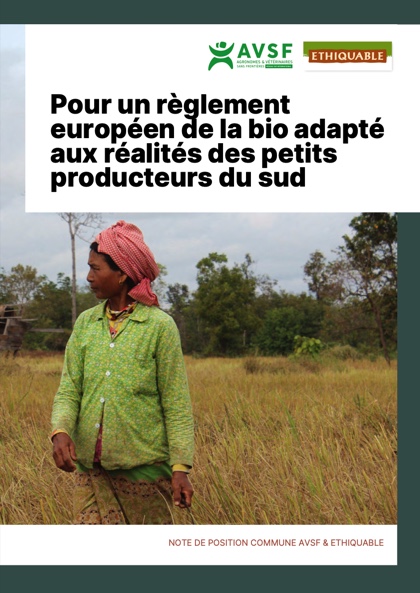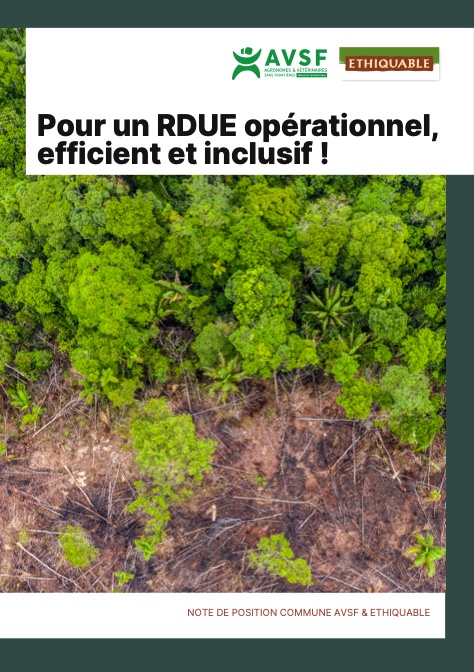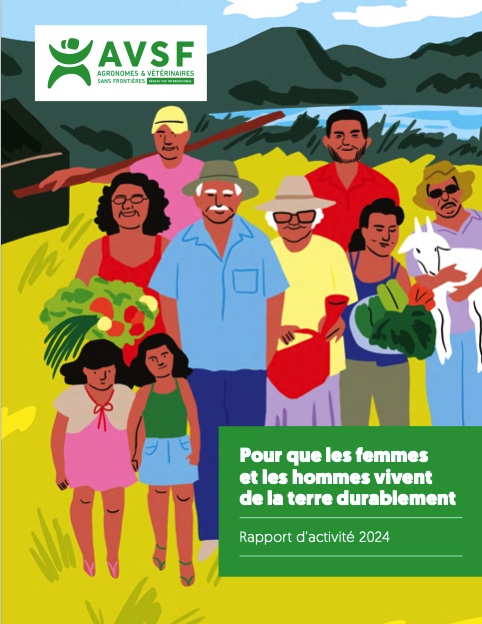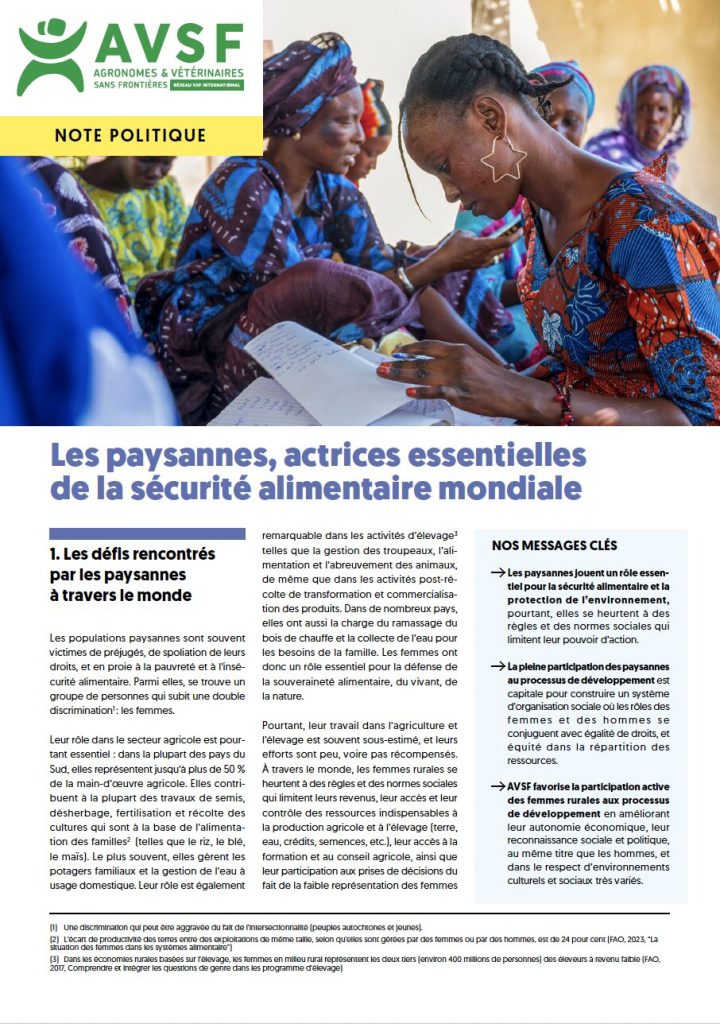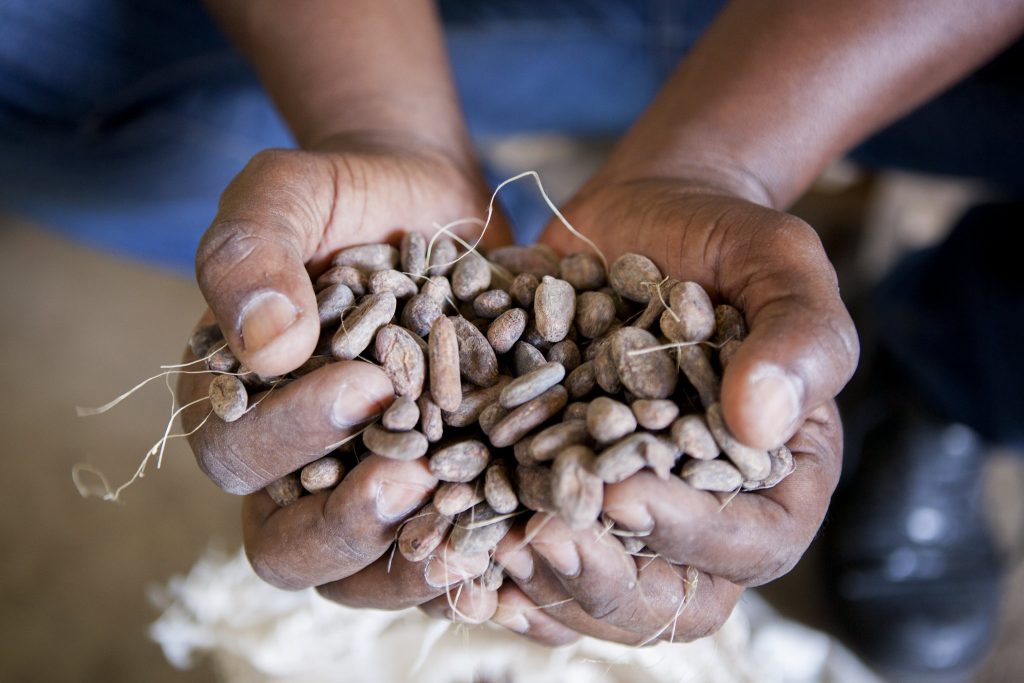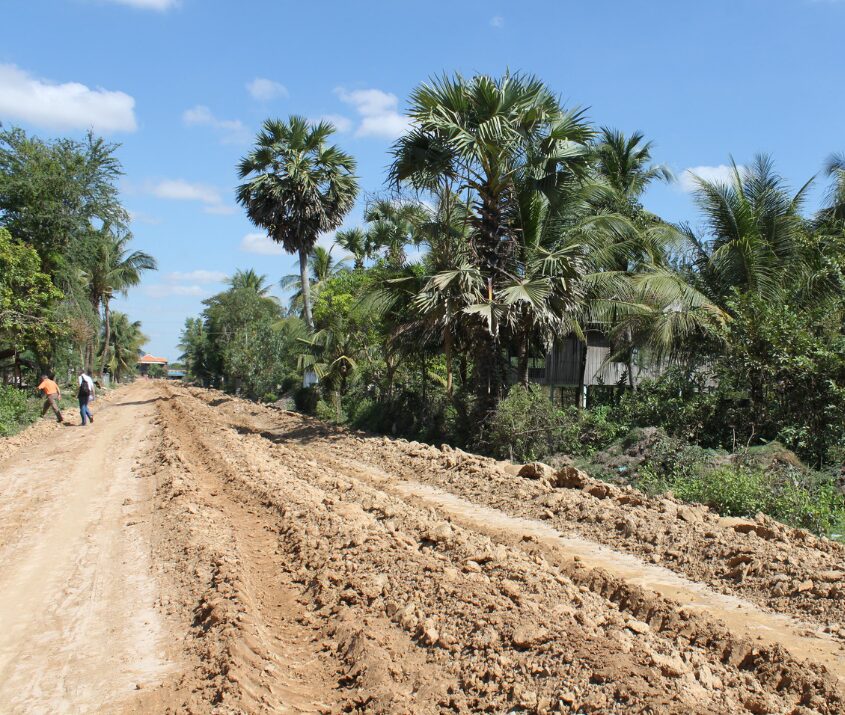This position paper carried by Agronomes et Vétérinaires Sans Frontières – AVSF and ETHIQUABLE takes stock of developments in European Regulation (EU) 2018/848 on organic certification, which applies to small producer groups in southern countries from January 2025.
The year 2025 is a strategic one for many cooperatives, which are undergoing their first audits under the new legislation. This text analyses the concrete effects on cooperatives observed on the ground and puts forward proposals to make organic farming more inclusive and ensure a future for the participation of small producers from the South in organic sectors.
Main findings
Increased requirements with perverse effects:
The new rules (more inspections, systematic sampling, creation of legal structures for mixed cooperatives or cooperatives with more than 2,000 members), motivated by the need to ensure the reliability and credibility of control systems, which are supposed to be less stringent in developing countries, have the following consequences:
o An explosion in costs,
o Increased administrative burdens,
o A high risk of destructuring of cooperatives and de-certification for fragile organisations.
Implementation without support:
The lack of information, time and technical assistance threatens the inclusion of small producers and compromises the stability of organic supply in the South.
A counter-productive dynamic:
By increasing the number of controls without appropriate support, the regulation could lead to many cooperatives abandoning organic certification, a loss of diversity of players in the global organic sector to the benefit of large structures, and shortages in the organic supply, particularly of organic coffee and cocoa.
The risk of circumventing a regulatory advance:
The new regulation finally recognises collective certification, in particular by requiring that the certificate now belong to the producer groups and not to the export companies. This right of ownership, recognised on paper, may in fact meet with resistance and attempts by organic companies to circumvent it.
Key proposals
Postpone the date of application of Regulation 2018/848 in non-EU countries until 31 December 2026 to allow for an impact assessment to be carried out, for the rules to be simplified as part of a reform of the implementing regulation, and therefore for real and inclusive compliance.
1. Reduce certification costs by :
o Limiting over-interpretation of risk by certification bodies,
o Supervising the service providers in charge of analyses and the price of their services, o Calling for greater transparency in certification costs.
2. Create an independent observatory to monitor the effects of the regulation, detect abuses and maintain the competitiveness of small groups.
3. Include producers in the regulatory dialogue, by involving small producer networks such as SPP Global, and NGOs on the ground, to adapt requirements to local realities.
4. Effectively guarantee the ownership of organic certificates by producers, ensuring that they are effectively applied and that they cannot be circumvented by dominant companies.
